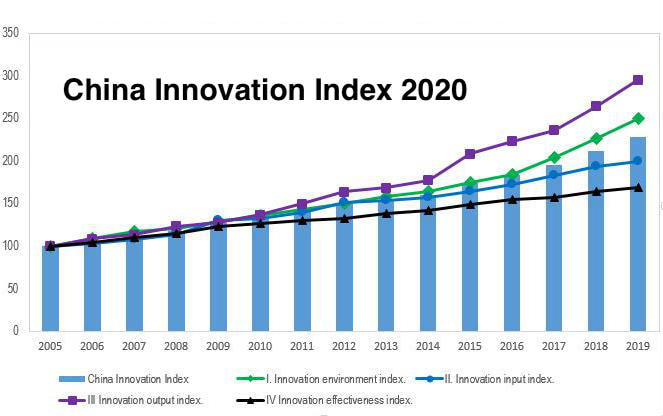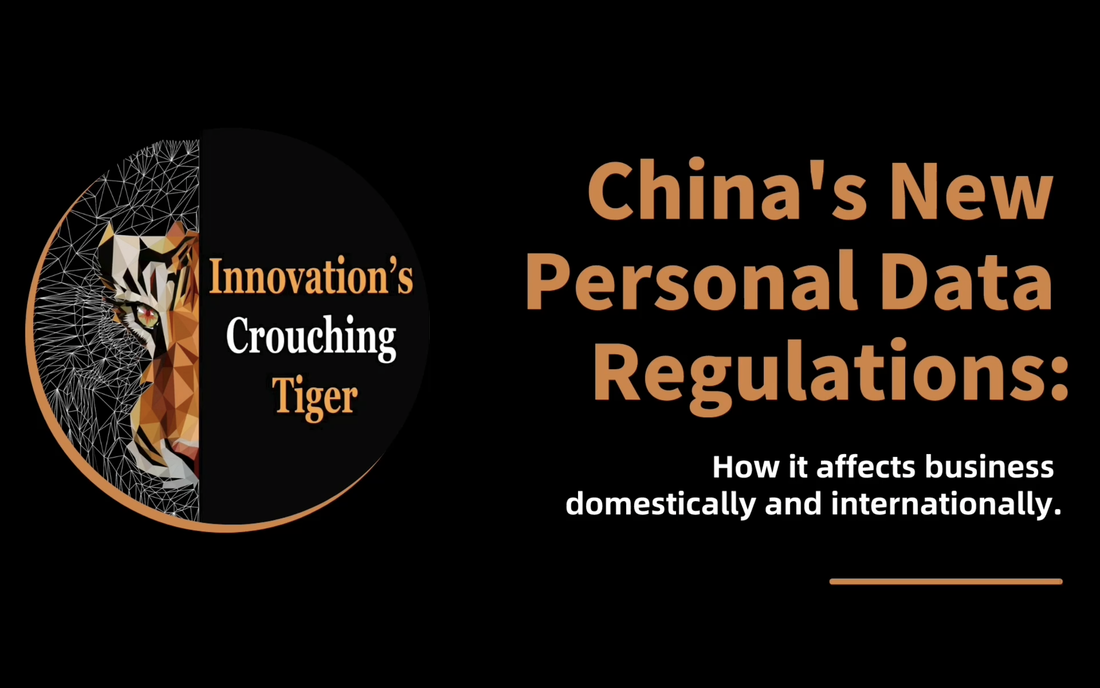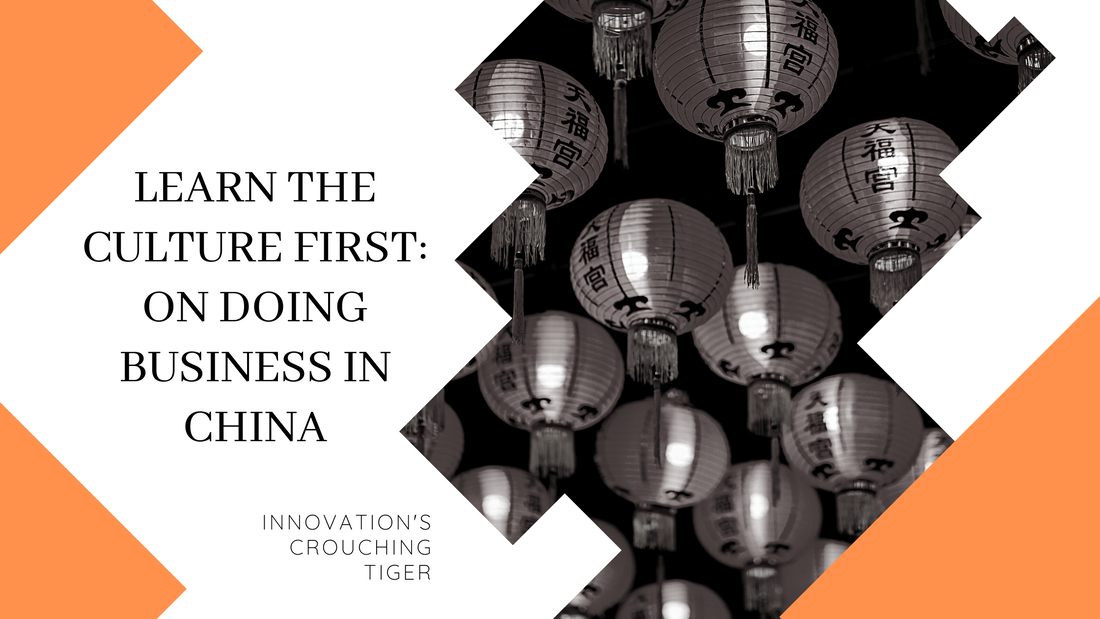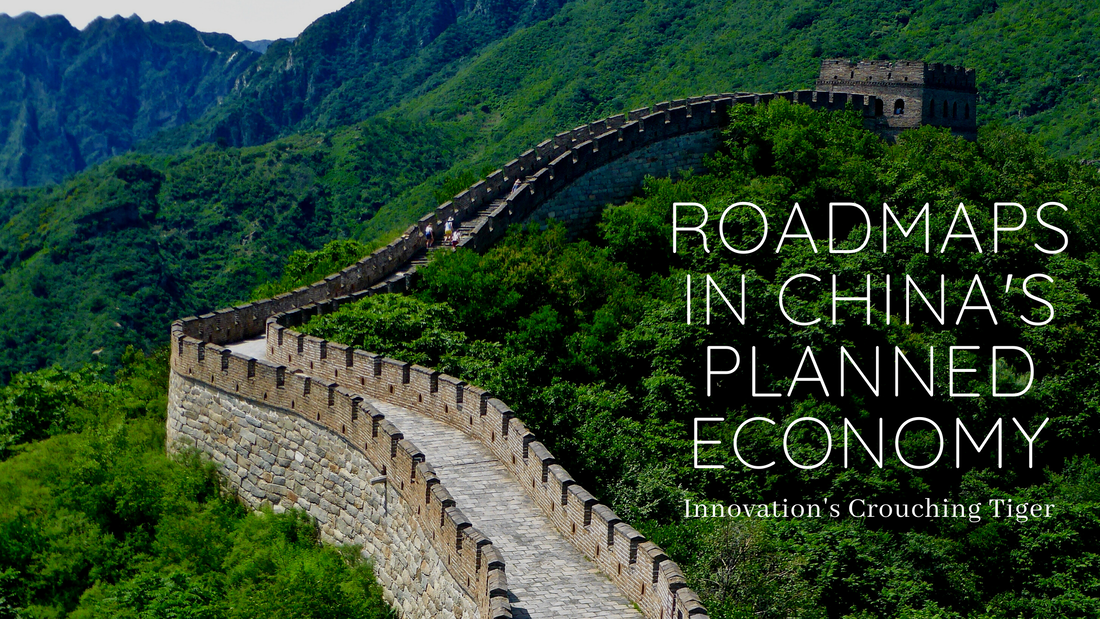Innovation and
|
|
Ten Must-Read Topics on Intellectual Property Finance in China
With data from over 50,000 visitors and from insights gleaned from discussions amongst the ICTiger Team, we determined the ten topics that attracted the most attention in 2021 and should be further studied in 2022 are as follows:
0 Comments
According to the calculation of the research group of Department of Social, Science and Technology, and Cultural Statistics of National Bureau of Statistics on China's innovation index [1], the innovation index of China reached 242.6 in 2020 (take 2005 as 100), an increase of 6.4 percent over the previous year. By field, the innovation environment index, innovation input index, innovation output index and innovation effectiveness index reached 266.3, 209.7, 319.8 and 174.7 respectively, an increase of 6.3, 5.4, 8.5 and 3.8 percent respectively over the previous year. The calculation results showed that in 2020, China's innovation ability and level continued to improve, the innovation environment continued to be optimized, the innovation input continued to increase, the innovation output grew rapidly, and the innovation results were further demonstrated.
IP Pledge financing helps to generate liquidity to counter the slowed development faced by many small enterprises in China. When covid-19 hit China’s economy, the country reacted by stimulating development through IP financing, the path for which was paved in 2019’s first intellectual property securitization deal, and later that year, the first patent securitization deal.
IP Exchanges, being unfamiliar to the global business community, are essential to China's innovation ecosystem. Knowing their establishment, operation, and profit models helps you to gain an edge, distinguishing you from the average investor. The information channels about China's IP Exchanges are rarely known. In this course, Dr. Chung demonstrates step-by-step how to use certain channels to collect information for your investment insights.
In this course, Dr. Chung offers an observation tool that can effectively monitor the development of the US-China Trade War and its impact on the global economy. With this valuable observation tool, you can obtain practical and unbiased insights to help plan your career, business strategies, and global investment portfolios.
The new regulations on personal data in China have sent shockwaves through the business community, pushing companies to make adjustments to the already existing business models we have today. This comes with implications within China’s domestic sphere, but also for those doing business with China from the outside. It is best to stay informed and better yet to understand from a cultural perspective, why these changes are occurring.
No matter your political stance, China's growing economy can't be ignored. The following introduction to China's counterpart to Nasdaq -- the Science and Technology Innovation Board (the STAR Market) is based on Dr. Jili Chung's presentation at European Guanxi's Webinar, "Anatomy of China’s innovation ecosystem: the STAR Market and IP exchange" from May 22, 2021.
Governments and businesses all over the world operate on an unspoken foundation of various unique and distinct cultural characteristics. Different parts of the world will naturally have different cultural values, such as that of individualism or collectivism. We’re going to dive into the different cultural values that affect the government and enterprises in China, providing different examples about what works and what doesn’t when doing business with China.
Seeing the future of Chinese tech and innovation.
Every four to five years, countries all over the world hold public elections, bringing in new leadership, new trajectories, and movements.
China is well-known for its unique planned economy – national leadership is not directly elected by the public, but instead indirectly elected through the National People’s Congress. Sometimes it is referred to as a socialist-based market economy. The political leadership then issues a new Five-Year Plan (FYP) detailing the desired trajectory and goals of the government within the following five years. |
Categories
All
|








 RSS Feed
RSS Feed
